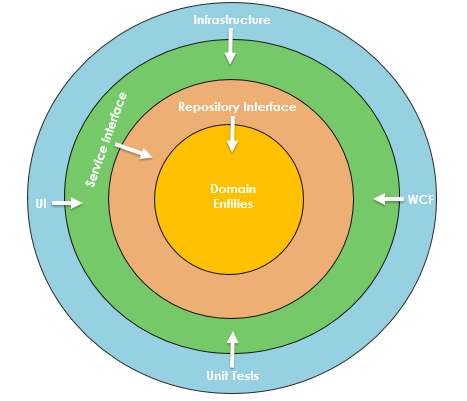Hello! Unfortunately, Antidote doesn't do any magic here to discover implementations. The module of ConcreteTask must be imported before you use the interface. You'll need to either load it explicitly with an import ... or eventually by traversing the file tree and importing them with importlib if you have all of your implementations in a predefined module/folder.
The following works perfectly when it's all sitting in one file:
however, from the moment I separate this out into different files, for example main.py:
example.interface_task.py:
example.implementation_task.py:
and I run main.py, i get the error " Exception has occurred: SingleImplementationNotFoundError No single implementation could match SingleOf(<class 'example.interface_task.ITask'>). File ".....__main__.py", line 22, in
some_task = f()
^^^
antidote.lib.interface_ext.SingleImplementationNotFoundError: No single implementation could match SingleOf(<class 'example.interface_task.ITask'>).
"
Which is quite annoying of course. I'm working on a bigger application using an architecture as follows:
In which the application layer will have a folder with abstractions, while the concrete implementations will sit in an outer layer, as an implementation detail. If I can not put interface and implementation in different files, the whole idea obviously falls apart. No doubt I'm doing something wrong here, but I can't figure out what. Most of the examples place everything in a single or 2 files, but that's is not going to be viable in a bigger system.